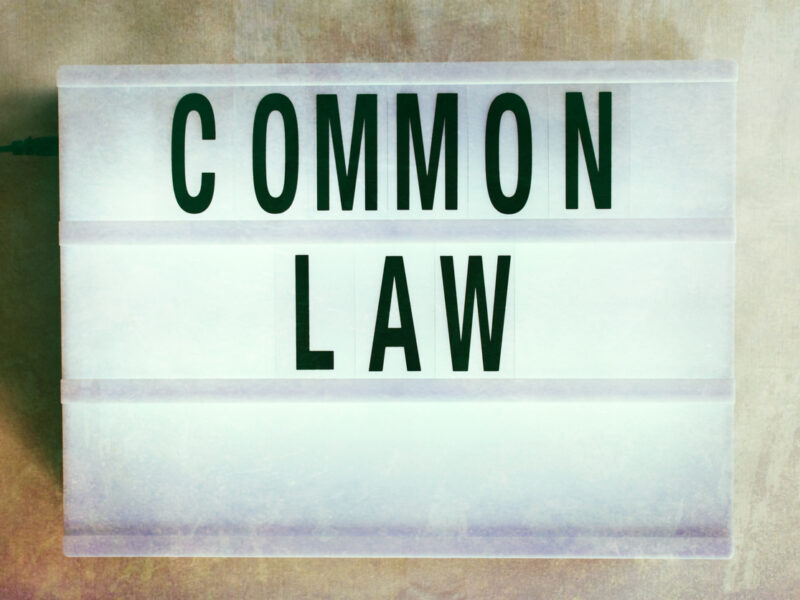


Child Custody and Visitation Rights Lawyers in Raleigh and Surrounding Areas
Overview
Navigating the complexities of child custody and visitation can be an emotionally challenging and legally intricate process for divorcing couples in North Carolina. At Smith Debnam Attorneys at Law, we understand the importance of ensuring the best interests of your child while offering compassionate guidance and robust legal representation. With our deep knowledge of North Carolina family law and a commitment to personalized client service, we are here to assist you every step of the way.
Understanding the Child Custody Landscape in North Carolina
When it comes to child custody and visitation matters, North Carolina adheres to the principle of determining what is in the best interests of the child. However, deciphering the factors that influence this determination can be complex. Our experienced team of family law attorneys has worked countless of child custody cases and has a deep understanding of the North Carolina legal system. We can provide you with the information and guidance you need to make informed decisions for your family.
Comprehensive Legal Services Tailored to Your Needs
At Smith Debnam Attorneys at Law, we recognize that each child custody case is unique, and we are committed to providing individualized attention to our clients. Our team of skilled attorneys will take the time to understand your specific situation, goals, and concerns, ensuring that we develop a strategy that aligns with your needs.
Our services encompass a wide range of child custody and visitation needs, including:
- Custody Determination: We can assist you in establishing legal and physical custody arrangements that promote the best interests of your child while considering factors such as the child’s relationship with each parent, their safety, and overall well-being.
- Visitation Rights: If you are seeking visitation rights, we can help negotiate a fair and workable visitation schedule that maintains a healthy and meaningful relationship between you and your child.
- Modification of Custody Orders: Life circumstances can change, and sometimes modifications to custody orders become necessary. Our attorneys can guide you through the process of seeking modifications and provide strong representation to ensure your child’s best interests are protected.
- Relocation Issues: If you or your ex-spouse plan to relocate after a divorce, it can significantly impact child custody and visitation arrangements. Our legal team can help you navigate the complexities of relocation and strive to find a solution that minimizes disruption for both you and your child.
- Mediation and Alternative Dispute Resolution: While we are prepared to aggressively litigate on your behalf if necessary, we also understand the benefits of resolving child custody matters amicably. Our skilled mediators can assist you in reaching a mutually satisfactory agreement, reducing stress and animosity between both parties.
Compassionate Support Throughout the Process
We recognize that child custody and visitation disputes can be emotionally overwhelming. Our attorneys strive to provide a supportive environment where you feel heard and understood. We will take the time to address your concerns, answer your questions, and guide you through the legal process with empathy and compassion.
Trustworthy and Respected Legal Advocates
With a long-standing reputation for excellence, Smith Debnam Attorneys at Law is recognized as a trusted legal resource in North Carolina. Our team of dedicated family law attorneys combines extensive legal knowledge with a genuine commitment to client success. We are proud to be a part of your journey toward achieving the best outcome for your child custody and visitation needs.
Schedule a Consultation Today
If you are facing child custody and visitation challenges in North Carolina, don’t navigate the legal process alone. Trust Smith Debnam Attorneys at Law to be your reliable partner throughout this sensitive and critical time in your life. We are ready to provide you with the legal guidance and representation you need to protect your child’s best
Insights

Does Adultery Affect Child Custody? The Answers You Need.

What Can You Sue Your Ex-Spouse For?

Common Law Marriage in North Carolina

What Does a Divorce Mediator Do?

What Is a Divorce Decree?
















